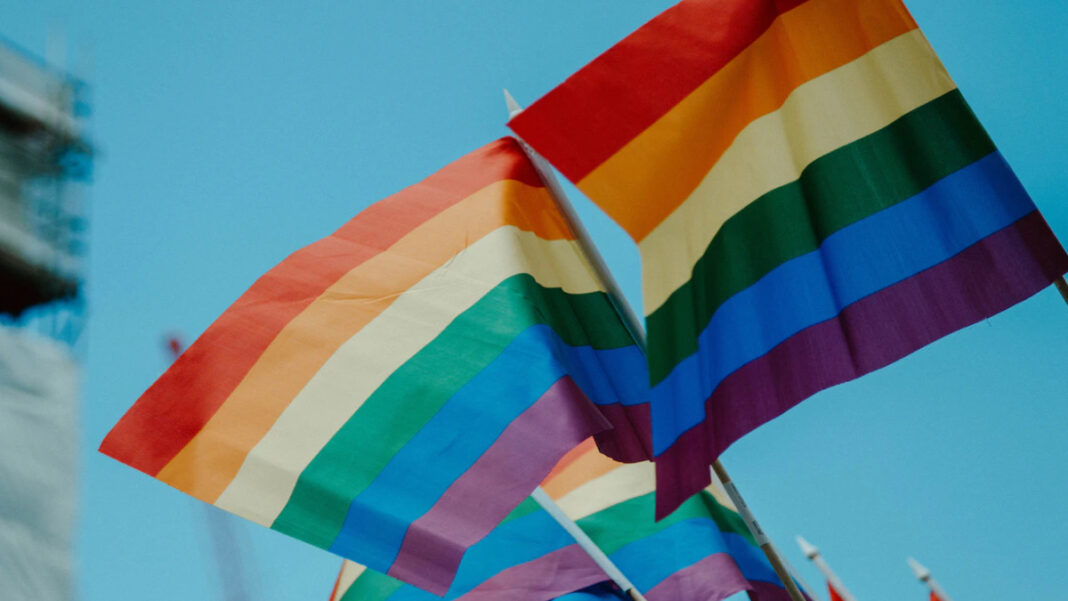INDIA: The Supreme Court on Monday (March 13) assigned petitions for the legalisation of same-sex marriage to a five-judge Constitution Bench for hearing and decision starting from April 18, 2023.
Centre has heavily criticised the same-sex marriages while at the same time trying to foster the “accepted view” that marriage between a biological man and woman is “a holy union, a sacrament, and a sanskar” in the country.
Following the criticism of same-sex marriage by Centre, several petitions were made, including those by Supriyo and Abhay Dang, as they highlighted that non-recognition of same-sex marriage would mean discrimination for the sexual minority group.
The petitioners had mentioned that the 1954 Act must by all means give equal protection to all sexual minorities as well as inter-caste and inter-faith couples to marry at their free will.
As per Centre, “The institution of marriage has a sacred quality to it and is revered as a sacrament, a holy union, and a sanskar in much of the nation. Although marriage between a biological man and a biological woman is legally recognised in our nation, it nonetheless inevitably depends on long-standing traditions, rituals, practices, cultural ethos, and societal values.”
It also mentioned that any “deviation” would be a rendering by the legislature rather than the Supreme Court, stating that same-sex marriages should not be compared to the natural union of a man and woman at marriage and the family and children born out of the union.
Living together as partners and having sexual relationships with same-sex individuals is not comparable with the Indian family unit concept of a husband, a wife, and children that the Centre poses.
The affidavit also mentioned that the understanding of heterosexual marriage was a grounded basis that was to be conceded, making it “foundational to both the existence and continuance of the state.”
This affidavit was a response to the decision made by the Court to study petitions in order to permit implementation of same-sex marriages under the Special Marriage Act.
Also Read: Transgenders, Gays, and Sex Workers Should Not Donate Blood, Center Says



